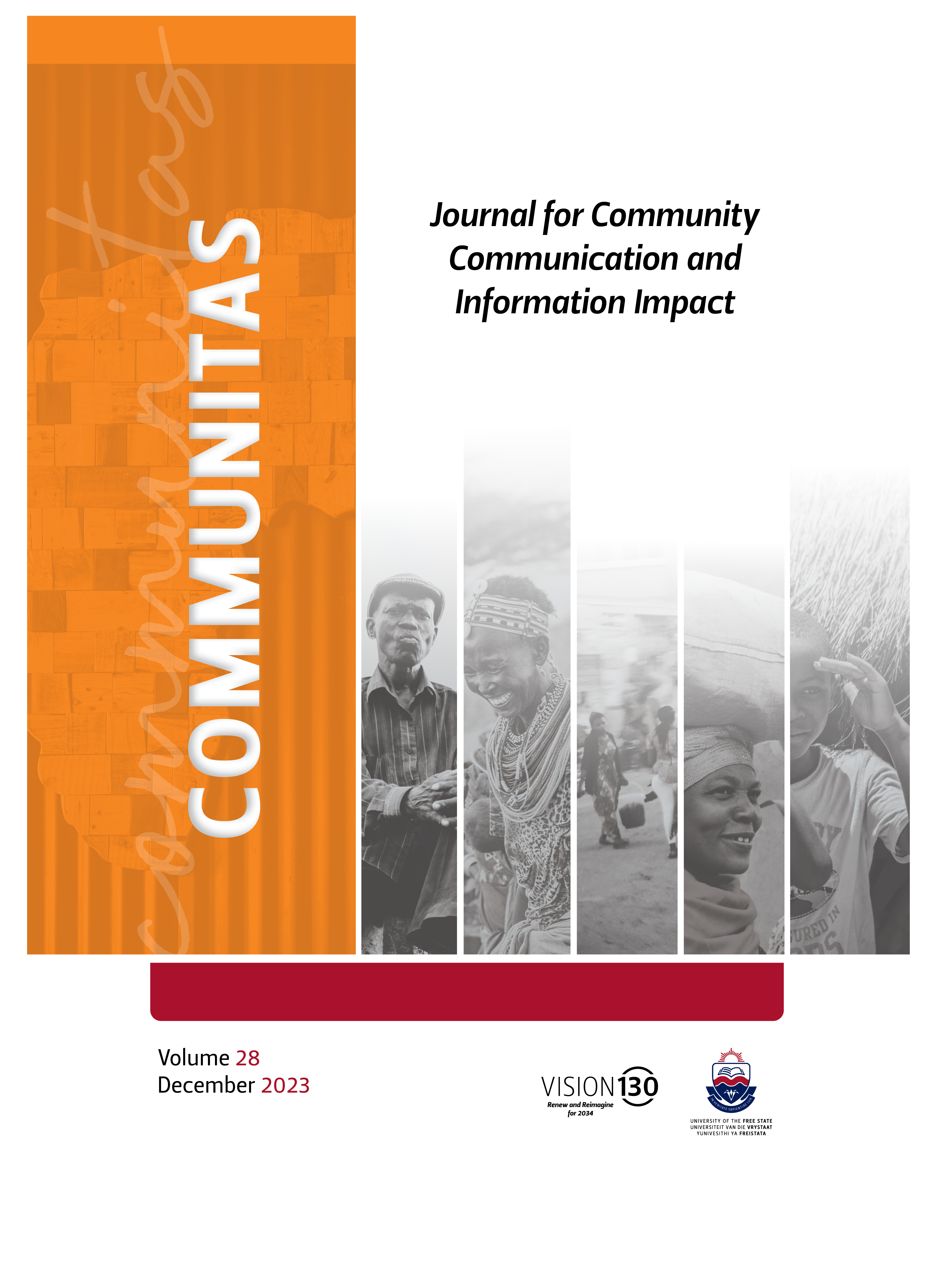THE ROLE OF STRATEGIC MULTI-STAKEHOLDER PARTNERSHIPS IN REDUCING FOOD LOSS AND WASTE IN SOUTH AFRICA
DOI:
https://doi.org/10.38140/com.v28i.6981Keywords:
corporate social responsibility, non-profit organisations, communication channels, message content, new media, traditional media, uses and gratifications theoryAbstract
Food loss and waste is a wicked problem (a problem with no single solution). This problem is addressed by SDG 12. Solving this wicked problem in South Africa requires the collaboration of a variety of stakeholders, all with their own organisational interests. Therefore, multi-stakeholder partnerships (MSP) are imperative to the achievement of Sustainable Development Goal (SDG) 12.3, which focuses on the reduction of food waste. This qualitative case study unpacks the necessity for the use of multi-stakeholder partnerships (SDG 17) in achieving SDG 12.3. The South African Food Loss and Waste Voluntary Agreement (SAFLWVA) is the multi-stakeholder partnership being studied in this article. Multi-stakeholder partnerships cannot be effective without strategic communication. Therefore, the barriers and enablers of strategic communication, within a multi-stakeholder partnership of this nature, are explored. The was conducted in South Africa, with stakeholders involved with the SAFLWVA. Semi-structured interviews were conducted with 15 participants. The findings indicate that strategic communication is one of the pillars of a successful multi-stakeholder partnership. Additionally, the following enablers for successful communication in MSPs were identified: trust, information sharing, education about benefits, receiving value, and gaining ownership. The study contributes to our understanding of communication barriers and enablers within multi-stakeholder partnerships.
Downloads
##submission.downloads##
Published
Issue
Section
License
Copyright (c) 2023 Olebogeng Selebi, Criska Slabbert, Elizma van Niekerk

This work is licensed under a Creative Commons Attribution 4.0 International License.
All articles published in this journal are licensed under the Creative Commons Attribution 4.0 International (CC BY 4.0) license, unless otherwise stated.









